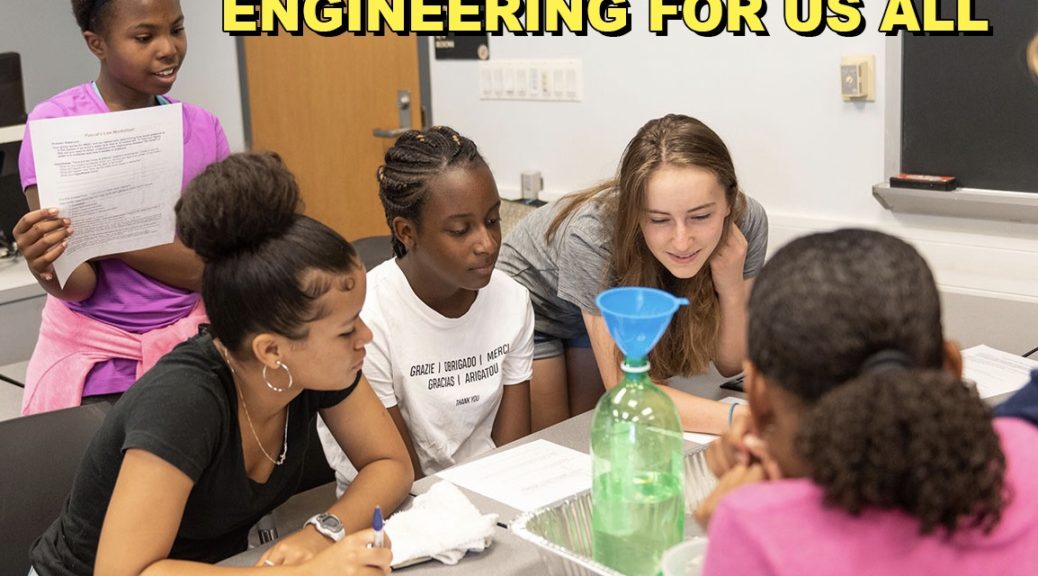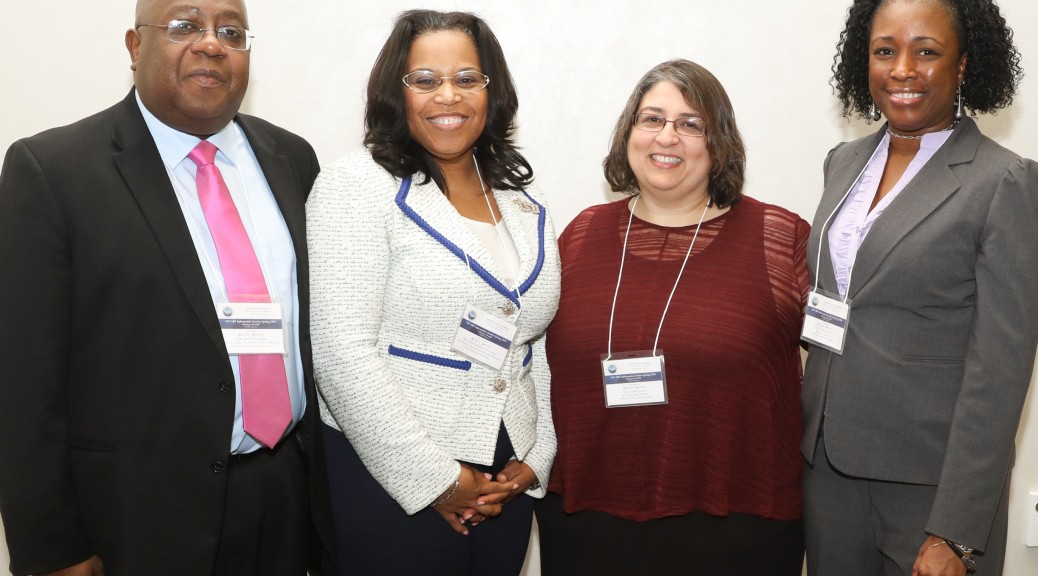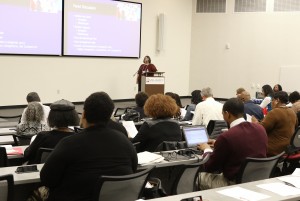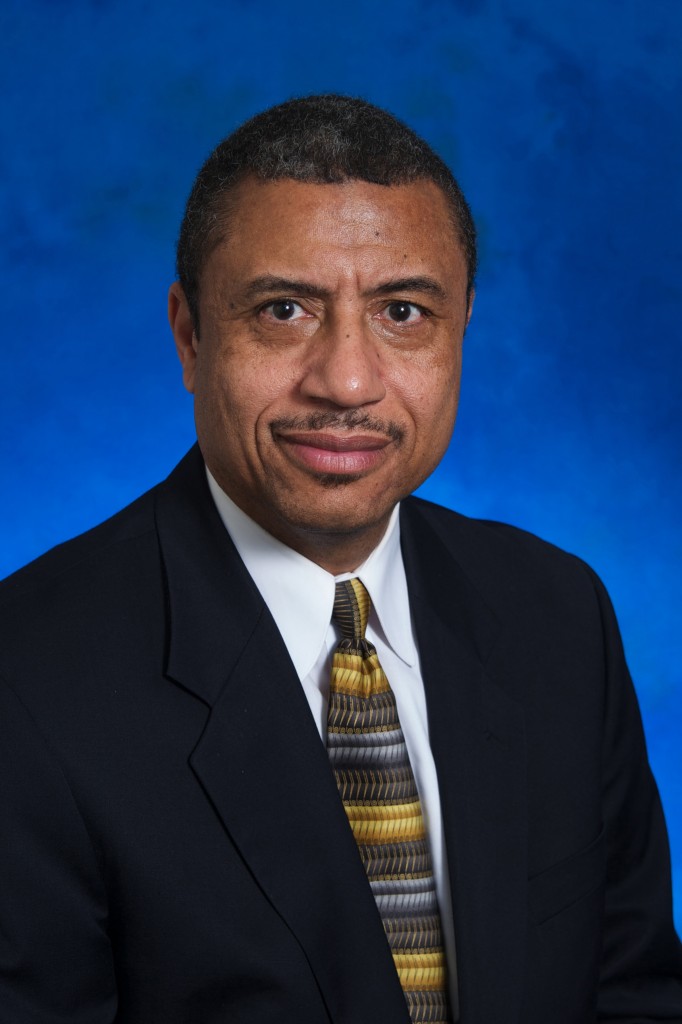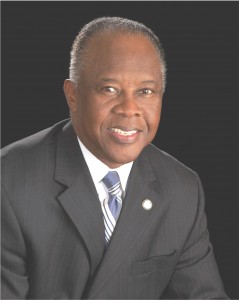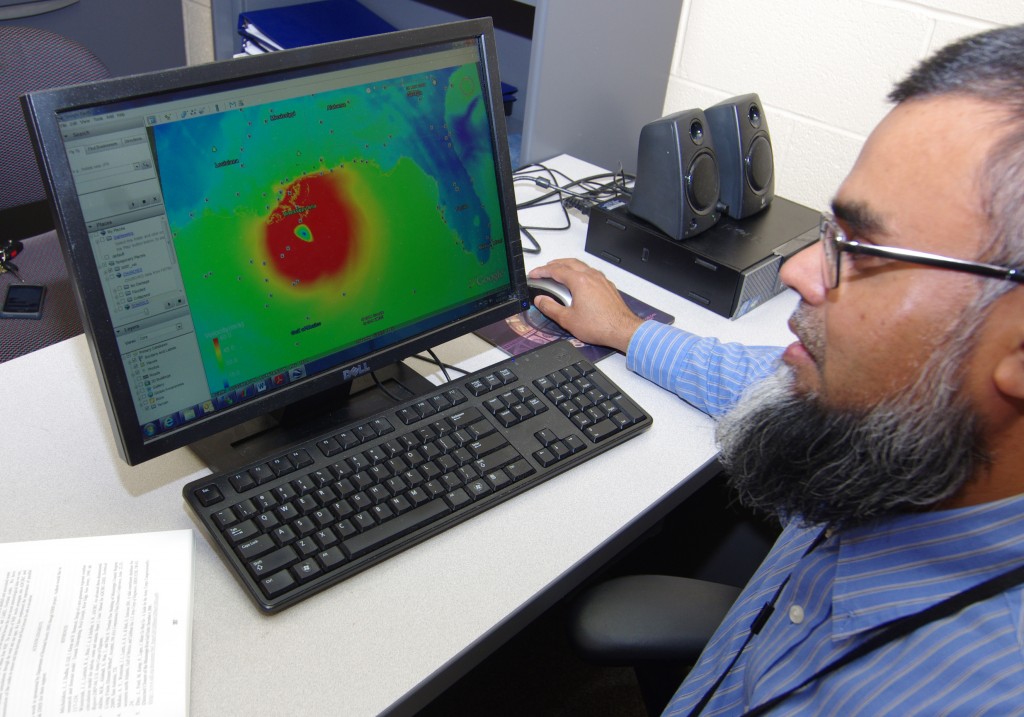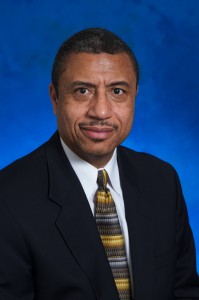NASHVILLE, Tenn. (TSU News Service) – Tennessee State University is collaborating with Vanderbilt University in a national initiative to bring engineering to area high schools.

Engineering for US All, or E4USA, a National Science Foundation initiative, provides a standardized educational curriculum for pre-college students to learn and demonstrate engineering principles, skills and practices. The curriculum affords students the opportunity to earn college credit at participating colleges and universities.
Under the initiative, TSU’s College of Engineering will work with students at Stratford STEM Magnet High School in a curriculum that introduces basic principles of engineering, and allows students to design and build projects through a hands-on learning experience. For the last eight years, the TSU College of Engineering has been working with Stratford in many other precollege engineering programs.

Dr. S. Keith Hargrove, dean of the College of Engineering, says providing the E4USA course allows the university to expose more students to career opportunities in engineering and “the preparation needed.”
“It also allows TSU to collaborate with multiple high schools, teachers, and recruit students to TSU and to STEM fields,” says Hargrove, who serves on the Engineering Advisory Board at Stratford. “Students will get a head-start for those interested in academic careers in engineering and are eligible to receive academic credit at a university.”
The Engineering for US All initiative was launched across the country early this academic year as a pilot with Vanderbilt and four other universities paired with high schools in their states to enroll students in E4USA’s free, design-based introductory engineering course.
In the 2020-2021 academic year, TSU, MTSU and the University of Tennessee will work with Vanderbilt University to move the program into Metro Nashville’s Stratford and Glencliff High Schools, Rutherford County Schools’ Riverdale High, and Girls Preparatory School in Chattanooga.
Ronald Glenn, an incoming freshman, who was part of the TSU pre-college engineering program at Stratford during his freshman, junior and senior years, says adding the E4USA course will be great for the program . He says it helped him develop a strong foundation in engineering.
“I enjoyed working with TSU professors during those years,” says Glenn, of Nashville, who will major in architectural engineering. “The program helped me get a head-start on my college work.”
According to the E4USA website, the program fills a current gap in engineering education training by recruiting high school teachers of all disciplines. No prior engineering experience is required to become an E4USA teacher.
“High school teachers are trained and supported by engineering colleges with curriculum and laboratory resources,” says Hargrove.
In this pilot year, E4USA has reached more than 400 students, including several seniors who plan to study engineering and have been accepted to colleges. In the coming year, it is anticipated that E4USA will reach over 2,000 students across 14 states and territories.
For more information on the TSU College of Engineering, visit http://www.tnstate.edu/engineering/
Department of Media Relations
Tennessee State University
3500 John Merritt Boulevard
Nashville, Tennessee 37209
615.963.5331
About Tennessee State UniversityFounded in 1912, Tennessee State University is Nashville’s only public university, and is a premier, historically black university and land-grant institution offering 39 bachelor’s degree programs, 24 master’s degree programs, and seven doctoral degrees. TSU is a comprehensive research intensive institution with a R-2 Carnegie designation, and has a graduate school on its downtown Avon Williams Campus, along with the Otis Floyd Nursery Research Center in McMinnville, Tennessee. With a commitment to excellence, Tennessee State University provides students with a quality education in a nurturing and innovative environment that prepares them as alumni to be global leaders in every facet of society. Visit the University online at tnstate.edu.
